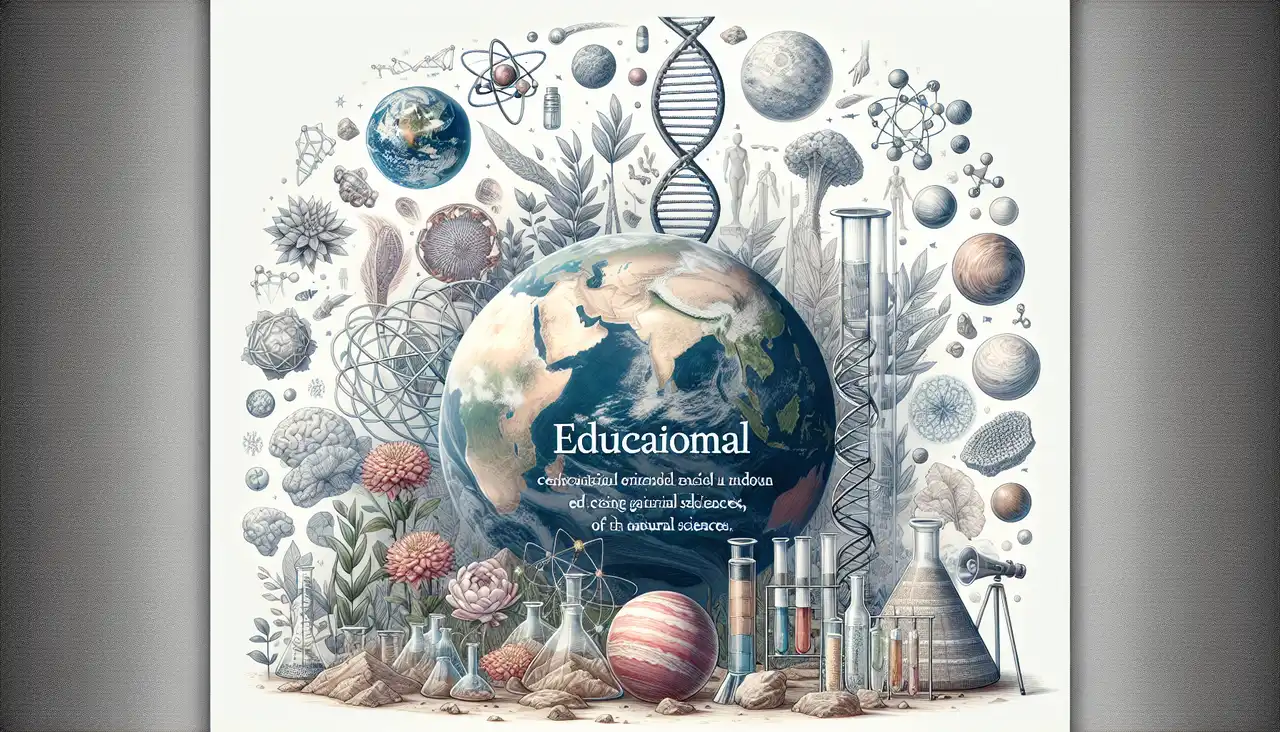

Philip J Farabaugh
Passionate about exploring solutions for cellular translation fidelity, Philip J. Farabaugh is a distinguished Professor in the Department of Biological Sciences at the Natural Sciences University of Maryland-Baltimore County. With a Ph.D. in Biochemistry from Harvard University, he has honed his expertise through postdoctoral research in Genetics at Cornell University. His academic journey has been marked by a deep commitment to unraveling the complexities of RNA translation and the errors that can occur during this critical biological process. Professor Farabaugh's research is primarily centered on understanding how cells mitigate mistakes in translating RNA into proteins. His work delves into the intricacies of translational errors, such as frameshifting and misreading, which can have significant implications for cellular function and health. Through his research, he has identified key mechanisms that contribute to these errors and has explored how cells regulate their frequency to maintain protein synthesis accuracy. In addition to his research, Professor Farabaugh is dedicated to education, teaching a variety of courses in molecular genetics at both undergraduate and graduate levels. His teaching philosophy emphasizes the integration of cutting-edge research with foundational knowledge, preparing students to tackle complex biological questions with a critical and innovative mindset. Throughout his career, Professor Farabaugh has been recognized for his contributions to the field through numerous contracts, fellowships, and grants. These accolades underscore his commitment to advancing our understanding of genetic translation and its implications for cellular biology. His work not only enhances the scientific community's knowledge but also inspires the next generation of researchers to pursue excellence in the life sciences. Professor Farabaugh's dedication to both research and teaching exemplifies his passion for biology and his desire to foster a deeper understanding of the molecular mechanisms that underpin life. His contributions continue to shape the field of molecular genetics, offering insights that have the potential to inform therapeutic strategies and improve human health.
Publications
, 82S-89S, 2020-07-01
, 1797-1808, 2010-07-22
, 1454-1468, 2015-06-18
, 3989-4001, 2024-02-10
, 1375-1380, 1980-09-19
, 889-897, 2009-03-27